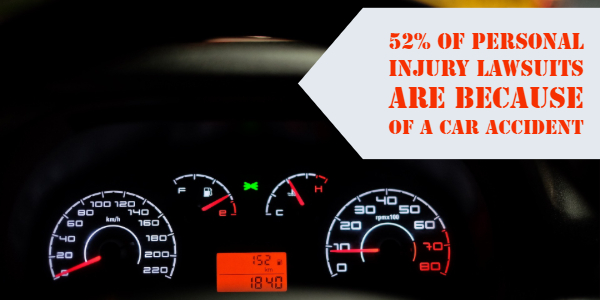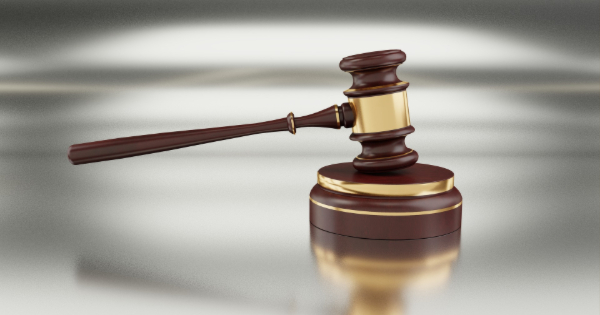
When Do You Need a Car Accident Attorney?
July 26, 2019
Statue of Limitations on Personal Injury Cases
August 13, 2019Among the most common kinds of personal injury cases are medical malpractice, premises liability, product liability, auto accidents, and wrongful death claims.
Whether you’re seeking relief and justice over a serious injury or discrimination charges, you’ll want to place your personal injury case into the hands of a skilled attorney. Instead of settling for the first lawyer you find, do some work to find someone with experience in handling the type of personal injury claim you’re bringing.
1. Finding Good Lawyers
While there are lots of ways to find good lawyers, one of the best ways is to get referrals from people you trust. However, once you have referrals from friends, family, and trusted contacts, be sure to comparison shop. Meet with several attorneys to discuss your claim before deciding who to hire.
During this phase, you should be prepared to face rejection. Often, a lawyer won’t accept a case unless it falls within a particular recovery amount. They may also refuse a case if it isn’t clear enough.
As you start to meet lawyers, they will likely refer you to others whom they feel would be a good fit for your case. It’s common practice for attorneys to refer people to one another.
2. Talking to an Attorney
When you sit down to discuss your claim with a lawyer, you should bring all documents with you that are relevant to the court case: medical records and bills, police reports, income loss information, and all correspondence records with the insurance company that will be paying the settlement fee.
During this first visit, you will talk with the lawyer about your claim, and possible ways of handling it in court.
3. Questions to Ask the Lawyer
After telling the lawyer the basics about your case, you’ll need to learn some things about them to help you know whether to choose them or not. The following questions can get you started:
- How many years has the attorney been practicing law?
- About what percentage of all of their past cases involved personal injury?
- Which does the attorney usually represent in court: plaintiffs or defendants? If the lawyer has had many personal injury cases but has consistently represented defendants, they may not have what it takes to win your case.
- Would the lawyer you’re speaking with take the case themselves, or would they delegate it to a lawyer working under them? This is common practice, and not necessarily a bad thing, but you should ask to meet with the attorney who will be handling your case before making a decision.
4. Setting a Settlement Goal
After discussing your case’s details and your correspondence with the insurance company, the lawyer should be able to tell you how much they think the case is worth. The lawyer should also tell you how much difficulty you will have in getting the insurance company to pay the amount of your settlement.
When defining a settlement goal, you will choose from one of the following basic options:
- Get a particular settlement amount, with as little hassle and as few costs as possible.
- Get a settlement amount that’s higher than what the insurance company has offered, but get it as soon as possible.
- Get as high an amount as possible, regardless of how long it may take.
If you’re confident in the attorney’s experience, and you feel comfortable with their intentions for the case, you’ve probably found a great lawyer to take your case.
5. Following-Up With Your Lawyer
After finding a lawyer you can work with, you will need to work together to make a clear written fee agreement defining how much the lawyer will be paid. After this, you will keep in touch with your attorney regularly, just to ensure your case is progressing as it ought to.
Personal injury cases can seem traumatic and burdensome, especially when you’re already dealing with the aftermath of a bad experience as it is. But getting a great lawyer and taking your case to court doesn’t have to be stressful. Just remember the steps in this article, and you should know exactly what to do going forward.





